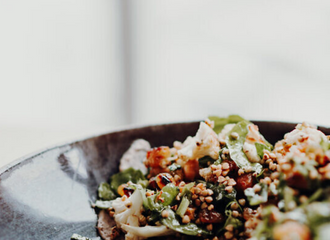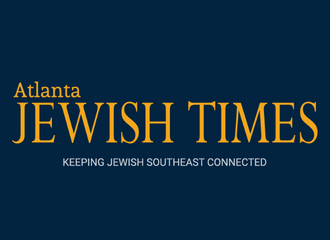Written by: Sarah Bateman, LCSW – Jewish Community Liaison for The Renfrew Center
Published by: Atlanta Jewish Times

Nothing changes routines quite like holidays. When it comes to the celebration of the Jewish holidays, it is incredibly important to be aware of how those struggling with eating disorders may be triggered. Schedules and timing and priorities are completely altered during the holidays, and especially during the time of the high holidays with so many changes in a row. Yom Kippur can one of the biggest challenges we have, because it is the day of fast. (Note: anyone with an eating disorder should speak to a rabbi and therapist before considering fasting.)
Additionally, Jewish rituals and observances often focus on meals and food and bring added stress for those who are struggling with food, eating, or their bodies. The high holidays can be a very triggering time for anyone with an eating disorder. For Rosh Hashanah, not only do we have complete changes in routine, but we have challah with honey, honey cake, and two days straight of holiday meals for lunch and dinner with countless other holiday treats. Ten days later Yom Kippur, then we have Sukkot and the continuation of holiday feasts for eight more days. This can be a lot for anyone, but especially for people with eating disorders.
Click here to continue reading the full article.



